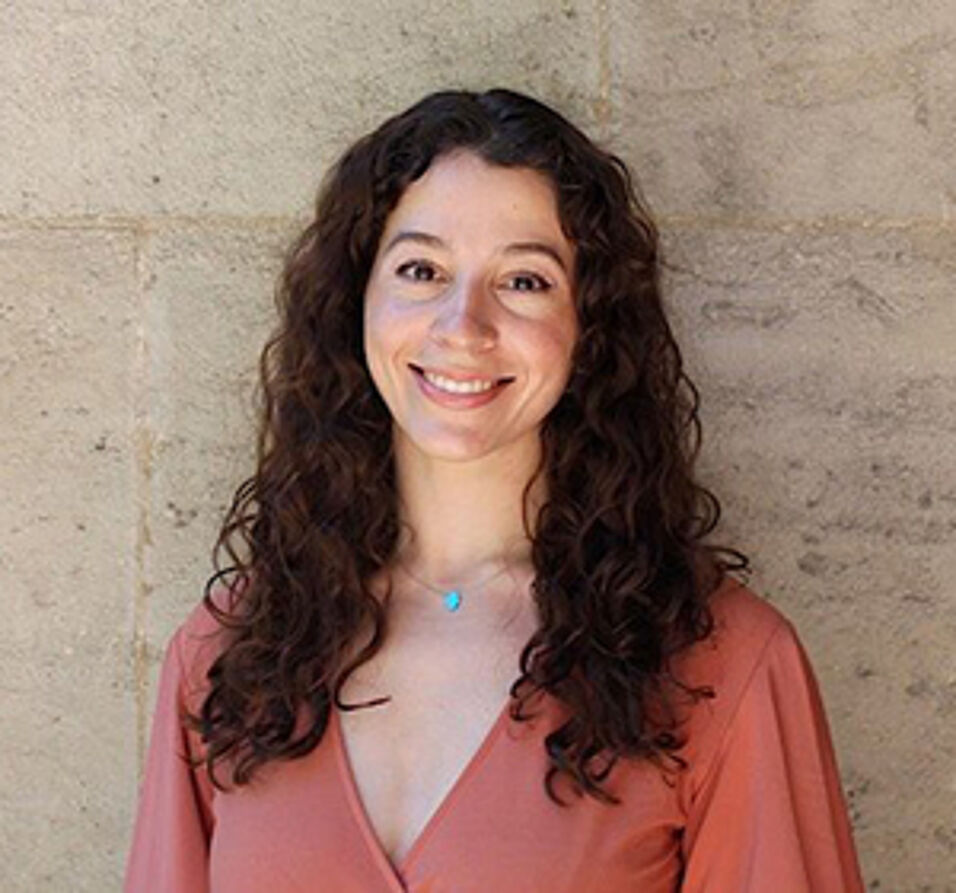Article by Adriana Sofia Palloks (✉ adriana.palloks@univie.ac.at)
In October 2017, the viral Twitter hashtag #metoo drew the focus of global debates to the issue of sexual violence against women. The debate started with the allegations against former film producer Harvey Weinstein. American actress Alyssa Milano responded to the public accusation with the following Twitter post: "If all the women who have been sexually harassed or assaulted wrote 'Me too' as a status, we might give people a sense of the magnitude of the problem." According to ZDF, the hashtag was used more than 500,000 times on Twitter and twelve million times on Facebook worldwide within the next 24 hours. Months after the Twitter trend hit, the topic continued to dominate the international news agenda.
Journalistic reporting is generally characterized by framing, which means that certain aspects of an event are highlighted whilst others are underemphasized or omitted, influencing the meaning of the article. Which information is made available to the public usually depends on the information journalists decide to include in a report and which to leave out. Based on this, news framing can impact opinions people form about topics. Sexual violence against women is a societal issue that oftentimes has been covered up or ignored in the past. For this reason, it is important to look at journalistic coverage from a scientific perspective in order to understand thematic frames and determine the influence of global movements on journalistic reporting.
In this study, researchers from the Universities of Vienna and Klagenfurt examined the impact of the #metoo debate on the framing of sexual violence in American news media. To determine differences in framing tactics, articles published between October 2016 and October 2018 were selected, which represented sexual violence reporting one year before and one year after the viral #metoo tweet. The 612 articles were sampled from four high-circulating news media in the U.S.: The New York Post, The Wall Street Journal, The New York Times, and The Washington Post. Now how was the topic of sexual violence framed in the period before and after #metoo?
The researchers found that although much of the coverage was devoted to recurring scenarios with similar actors, the main change was determined in the way cases were portrayed. Since #metoo, journalists were more specific about the nature of sexual violence. Diverse types of sexual violence (e.g. verbal) have been addressed more strongly, whereas the focus prior to #metoo laid mostly on physical acts. The question of who is deemed liable or responsible for sexual violence acts also differentiated after #metoo. For example, perpetrators were increasingly held responsible for their actions in implicit or explicit ways. So-called victim blaming, i.e., blaming the victims for experiencing sexual violence, was not detected in this sample. Both, before and after #metoo, journalists addressed recommendations for the prevention of sexual violence. In their contributions, they pleaded for a change in societal values and appealed to educational and legal systems to break down obsolete structures and take more responsibility. They also criticized the fact that educational institutions such as universities did not take adequate action in the wake of sexual violence accounts. Finally, they investigated whether the journalists – contrary to the journalistic convention of objectivity – included their personal views in the news. The analysis showed that active journalism was already embedded before #metoo. However, in light of newest media frames that emerged after #metoo, journalists also play a stronger role by including their position in the reporting.
With their study, the researchers shed light on the potential influence of social movements on the style and focus of reporting. They comment on the results of their study as follows: "#metoo exemplifies the huge potential that social media holds for social movements: A single post can draw our attention to a (long-standing) social issue, reignite the discussion, and influence how that issue is portrayed. This can have positive as well as negative consequences. Our study shows, for example, that in articles after #metoo, the responsibility focused more on alleged perpetrators. At first glance, this is a positive development. At the same time, however, structure-giving institutions (e.g., educational facilities, private organizations) were less frequently held accountable. This promotes the individualization of the problem and strongly distracts from the fact that sexual violence is (also) a systemic issue. It is these very processes that we in research and journalism need to be constantly aware of, observe and reflect upon in order to foster a culture of discussion that contributes to solving problems rather than deflecting them."
Publication details
Noetzel, S., Mussalem Gentile, M. F., Lowery, G., Zemanova, S., Lecheler, S., & Peter, C. (2022). Social campaigns to social change? Sexual violence framing in U.S. news before and after #metoo. Journalism. Advance online publication. doi:10.1177/14648849211056386



